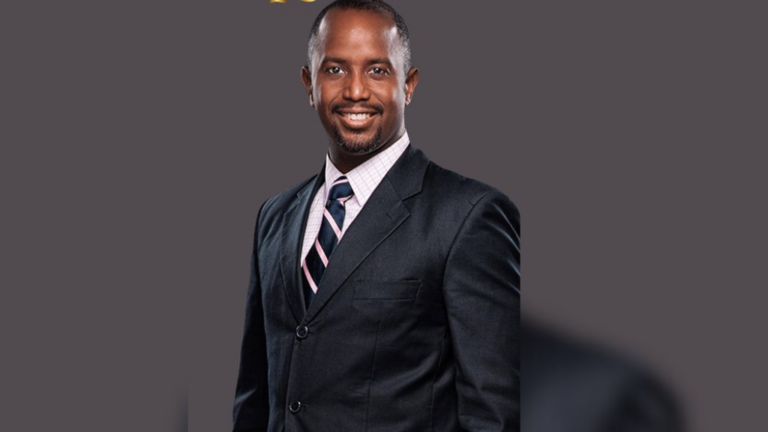The Jamaica Chamber of Commerce has entered a new chapter. With attorney Emile Leiba stepping in as president for 2025/2026, the business community is not just marking a leadership change—it is positioning itself for sharper engagement in the country’s economic debate.
Leiba, managing partner at DunnCox, takes the reins as Jamaican enterprises navigate persistent challenges: sluggish approvals for government contracts, mounting tax concerns, and the uneven pace of digital transformation. His career, steeped in corporate law and financial regulation, is expected to lend structure and bite to the Chamber’s advocacy.
The new executive bench reflects a deliberate sweep across critical industries. Martha Miller (National Rums of Jamaica) brings manufacturing and export perspective as first vice-president, while Jonathan Swire (Delta Supply) injects the view from industrial supply. Agriculture, pharmaceuticals, and finance are also represented through the appointments of Colonel (Ret’d) Jamie Ogilvie, Janine Chin, and John Butler of EY. Together, the mix creates a leadership bloc designed to cut across Jamaica’s commercial arteries.
Beyond the executive core, the Chamber broadened its board with eight directors drawn from logistics, banking, capital markets, and advisory roles. This wide representation suggests the JCC is arming itself with voices capable of influencing everything from shipping lanes to credit access.
Outgoing president Phillip Ramson used his closing remarks to highlight progress made during his two terms, particularly in small business advocacy and trade facilitation. Yet, he was quick to frame the moment as more than ceremonial. “The Chamber is entering a cycle of greater consequence,” he said, hinting at the policy battles ahead.
The transition comes at a time when the JCC is sharpening its pitch for reforms that could redefine business operations: tax clarity, procurement transparency, and broader access to digital tools for small and medium enterprises. Leiba’s presidency, then, is less about succession and more about leverage—the Chamber aiming to convert its growing influence into measurable policy shifts.






